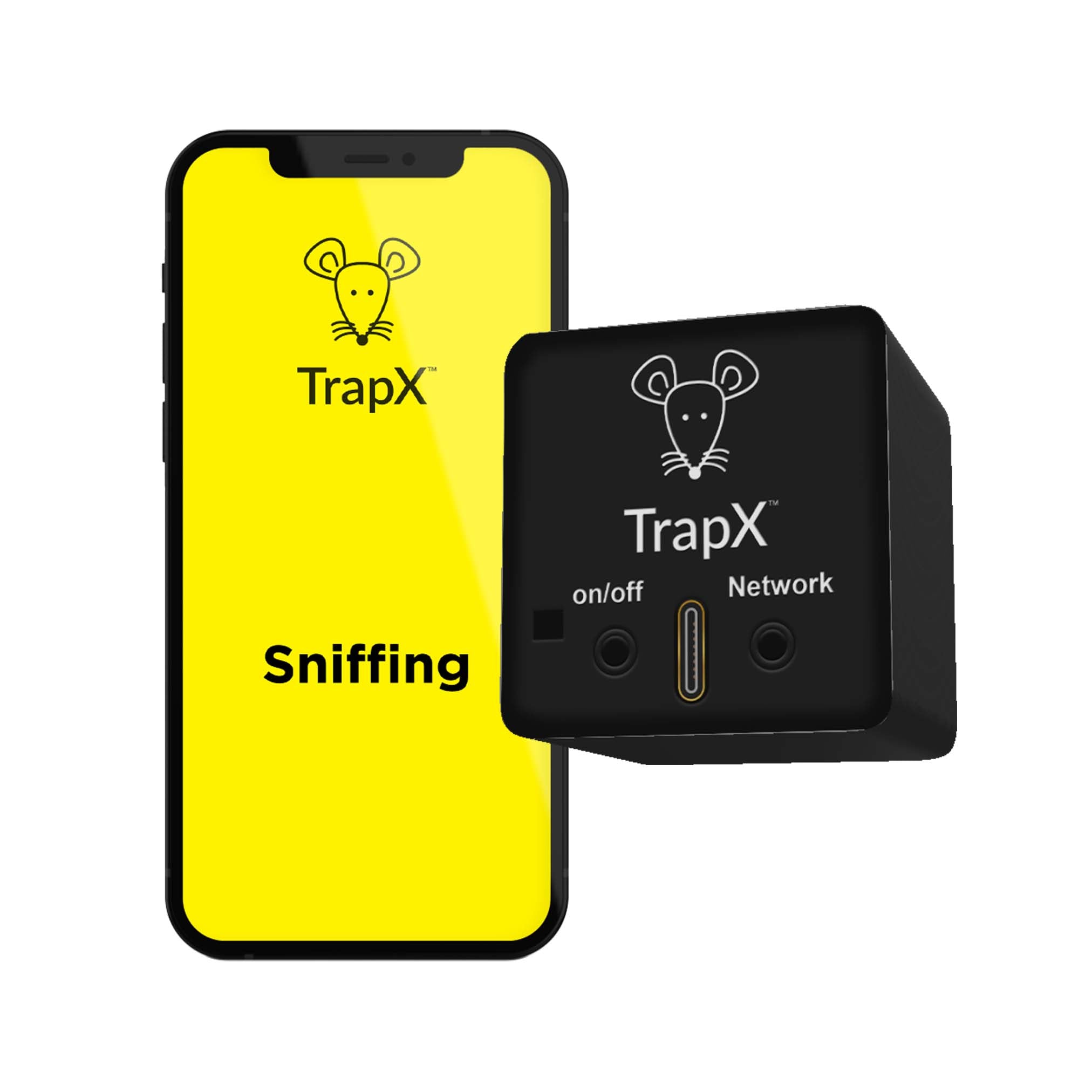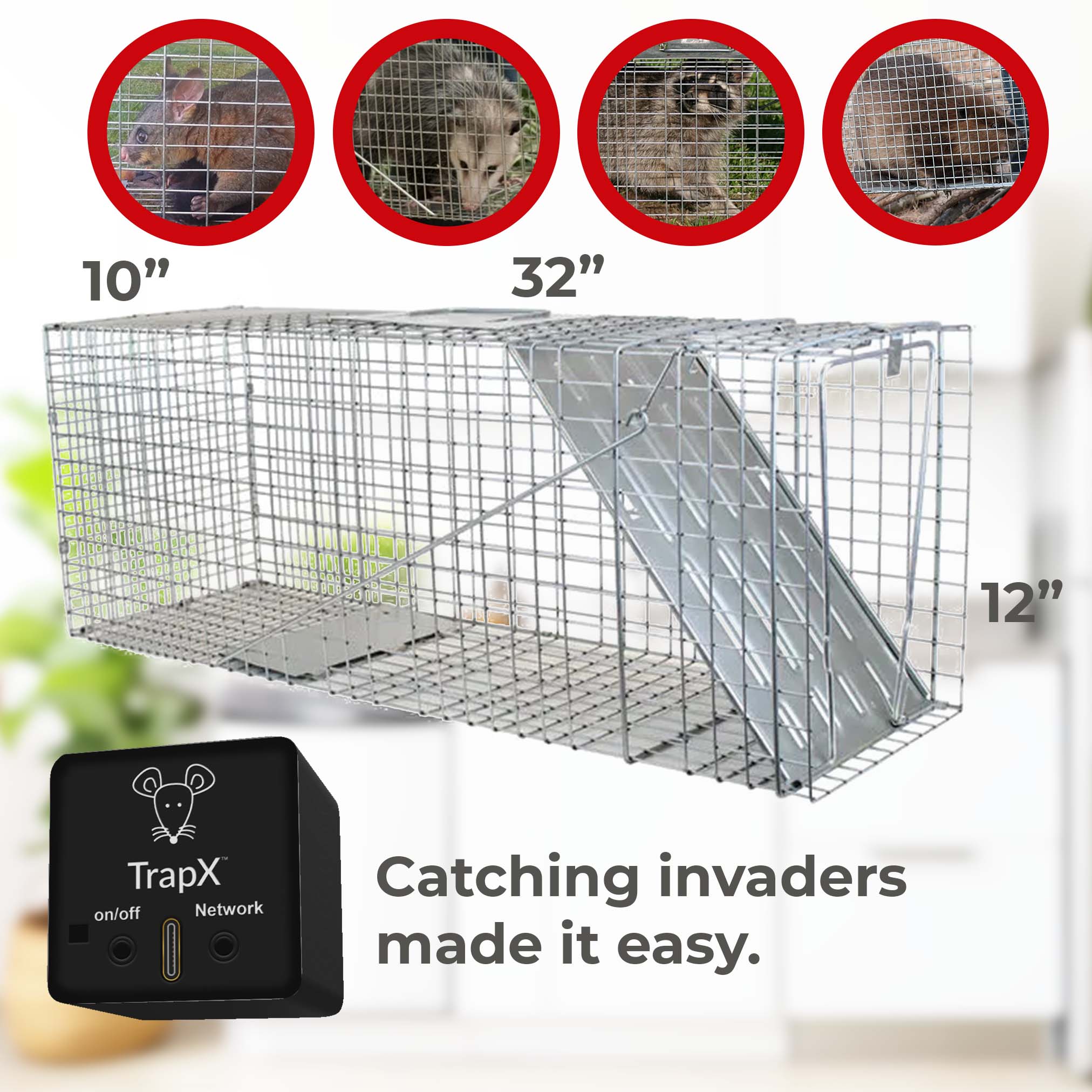Mice are an inevitable part of life. Whether you live in an urban apartment or a rural farmhouse, you've probably dealt with a mouse issue at some point. However, traditional means of getting rid of these tiny invaders often involve lethal traps or poisons, which are not only inhumane but also pose significant risks to children, pets, and the environment. Fortunately, there's a more humane, safe, and eco-friendly solution: the best no kill mouse trap. This method offers a compassionate way to address your mouse problem without causing harm to the mice. Let's delve into how you can effectively and humanely tackle mouse infestations.

The Importance of Humane Mouse Traps
Eliminating mice from your home doesn't need to be synonymous with killing them. Humane mouse traps offer a way to capture these creatures without causing them harm. This approach appeals to those concerned with animal rights and environmental sustainability. By choosing a no kill mouse trap, you contribute to a more compassionate world while still addressing your rodent issue effectively.
Why Traditional Traps Fall Short
Conventional mouse traps, such as snap traps, can be cruel and messy. They often don't kill the mouse instantly, leading to prolonged suffering. Additionally, poison traps introduce toxic substances into your home, which can be dangerous for other animals and even young children. These methods are not only inhumane but also pose significant health risks, making the case for humane mouse traps even stronger.

Types of No Kill Mouse Traps
When it comes to humane mouse traps, there's a variety to choose from, each with its own advantages. Here's a look at some of the most popular options:
Catch-and-Release Traps
These traps work by luring the mouse into a cage or box with bait. Once inside, the door closes, trapping the mouse without harming it. The mouse can then be released far from your home to prevent it from returning.
Electronic Traps
These high-tech devices detect when a mouse enters and uses a small electric shock to stun the mouse. The trap then captures the stunned mouse, allowing you to release it afterward. These traps are more expensive but highly effective and humane.
Bucket Traps
Simple yet effective, these traps involve a bucket and a ramp. Bait is placed inside the bucket, and the mouse climbs the ramp to get to it. Once inside, the mouse can't climb out, and you can release it outdoors. This method is cost-effective and easy to set up.

Benefits of No Kill Mouse Traps
Choosing the best no kill mouse trap has several benefits beyond just being humane. Here are some key advantages:
Eco-Friendly
Traditional traps often involve chemicals or plastic materials that can harm the environment. Humane traps are generally made from durable, reusable materials, making them a more sustainable option.
Child and Pet Safe
Since no kill traps don't use poisons or dangerous mechanisms, they are safer for households with pets and young children. You won't have to worry about accidental exposure to toxic substances or injury from a snap trap.
Peace of Mind
Using a humane trap provides peace of mind knowing that you are not causing unnecessary suffering to any living creature. It's a compassionate choice that aligns with ethical living values.

How to Choose the Best No Kill Mouse Trap
With several options available, selecting the most suitable humane mouse trap for your needs can be challenging. Consider the following factors when making your decision:
Size of the Infestation
If you're dealing with a large mouse population, you may need multiple traps or larger traps that can capture more than one mouse at a time.
Location
Different traps work better in different settings. For example, electronic traps might be more suitable for indoor use, while bucket traps can be effective outdoors.
Ease of Use
Some traps require more effort to set up and maintain. Choose a trap that fits your comfort level and available time for maintenance.
Budget
Humane traps range in price. While electronic traps offer convenience and high effectiveness, they can be pricier. Bucket and catch-and-release traps are more budget-friendly options.
Setting Up Your No Kill Mouse Trap
Once you've chosen the best no kill mouse trap for your needs, it's crucial to set it up correctly to ensure effectiveness. Here's a step-by-step guide:
Choosing the Right Bait
Mice are attracted to various types of food, but peanut butter, cheese, and grains are particularly effective baits.
Placing the Trap
Mice tend to travel along walls and in dark, secluded areas. Place your trap along these paths to increase the chances of capturing a mouse.
Checking the Trap Regularly
Frequent checks are essential to ensure that any trapped mice are released promptly. This minimizes stress and harm to the captured mouse.
Releasing the Mouse
Once you've captured a mouse, the next step is to release it safely. Here are some tips for a successful release:
Choosing a Release Location
Release the mouse at least a mile away from your home to prevent it from returning. Choose a wooded area or park where the mouse can find food and shelter.
Handling the Trap
Wear gloves when handling the trap to avoid contact with any potential germs. Open the trap gently to allow the mouse to escape without harm.
Cleaning the Trap
After releasing the mouse, clean the trap thoroughly. This removes any scent markers left by the mouse, which can attract other mice.
Preventing Future Infestations
To avoid future mouse problems, it's essential to take preventive measures. Here are some tips to keep your home mouse-free:
Seal Entry Points
Inspect your home for any gaps or holes that mice can use to enter. Seal these openings with materials like steel wool or caulk.
Maintain Cleanliness
Keep your home clean and free of food crumbs. Store food in airtight containers and dispose of garbage regularly.
Use Natural Deterrents
Essential oils like peppermint and eucalyptus are natural mouse repellents. Soak cotton balls in these oils and place them in areas where mice are likely to enter.
Success Stories with No Kill Mouse Traps
Many people have successfully resolved their mouse issues using humane traps. Here are a few testimonials:
'I had a recurring mouse problem in my garage. After using a catch-and-release trap, I was able to catch and release five mice within a week. It's a relief to know I handled it humanely.'
'The electronic trap was a game-changer. It was easy to use, and I didn't have to worry about my pets getting into it. Highly recommend!'
'Bucket traps were my go-to solution. Simple to set up and very effective. Plus, it felt great knowing I wasn't harming any animals.'
Common Myths About No Kill Mouse Traps
There are several misconceptions surrounding humane mouse traps. Let's debunk some of these myths:
Myth 1: They Are Ineffective
Contrary to popular belief, humane traps are highly effective when used correctly. They can capture multiple mice and are reusable, making them a practical solution.
Myth 2: They Are Expensive
While some electronic traps can be pricey, there are plenty of affordable options like bucket and catch-and-release traps that are just as effective.
Myth 3: They Are Complicated to Use
Most humane traps are simple to set up and require minimal maintenance. With a little practice, anyone can use them effectively.
Conclusion
Addressing a mouse infestation doesn't have to involve cruel or harmful methods. The best no kill mouse trap offers a humane, effective, and eco-friendly solution. By opting for these compassionate traps, you can resolve your rodent issues while promoting a more ethical approach to pest control. Not only do you preserve the life of the mice, but you also contribute to a safer and more sustainable environment for everyone.
For further insights on humane pest control methods, visit this Comprehensive guide by The Humane Society. Together, let's make the world a kinder place, one humane trap at a time.
FAQs
1. What should I do if a mouse is not leaving the trap?
Try opening the trap fully and waiting for a few minutes. The mouse may be hesitant initially but will leave once it feels safe.
2. Can I reuse the same trap for multiple mice?
Yes, most humane traps are designed to be reusable. Just ensure that you clean them thoroughly after each use.
3. How far should I release a captured mouse?
Release the mouse at least one mile away from your home to prevent it from finding its way back.
4. Are no kill mouse traps safe for pets?
Yes, humane traps are generally safer for pets since they don't use poisons or harmful mechanisms.
5. What bait works best for attracting mice?
Peanut butter, cheese, and grains are highly effective baits for most types of humane traps.
6. How often should I check the trap?
Check the trap at least once a day to ensure timely release and minimize stress for the captured mouse.
As an Amazon Associate, I earn from qualifying purchases.
